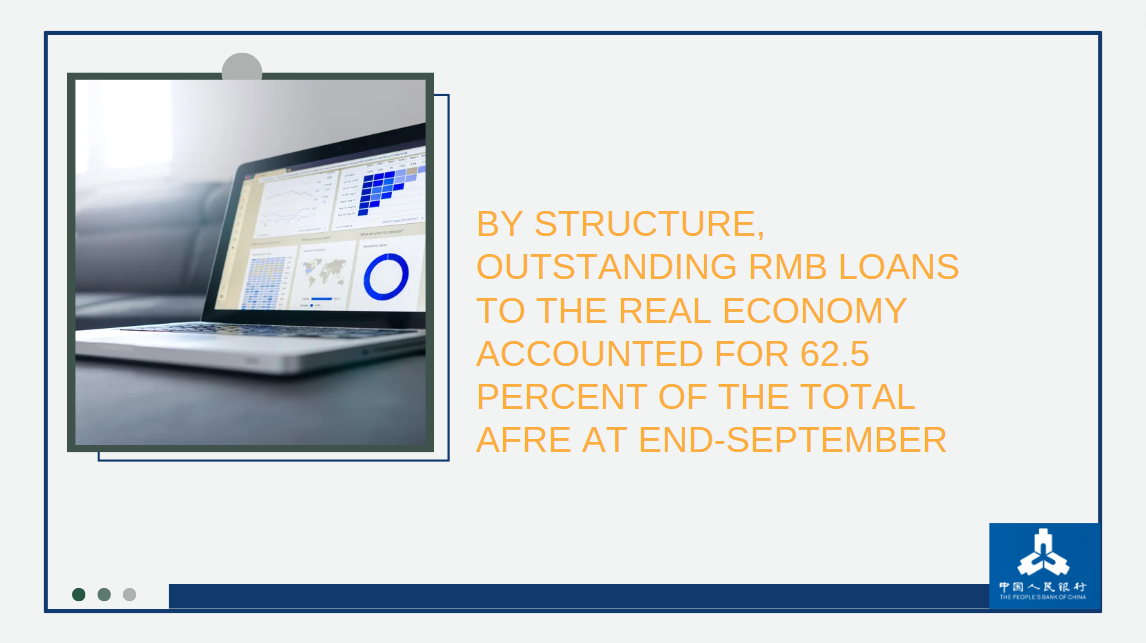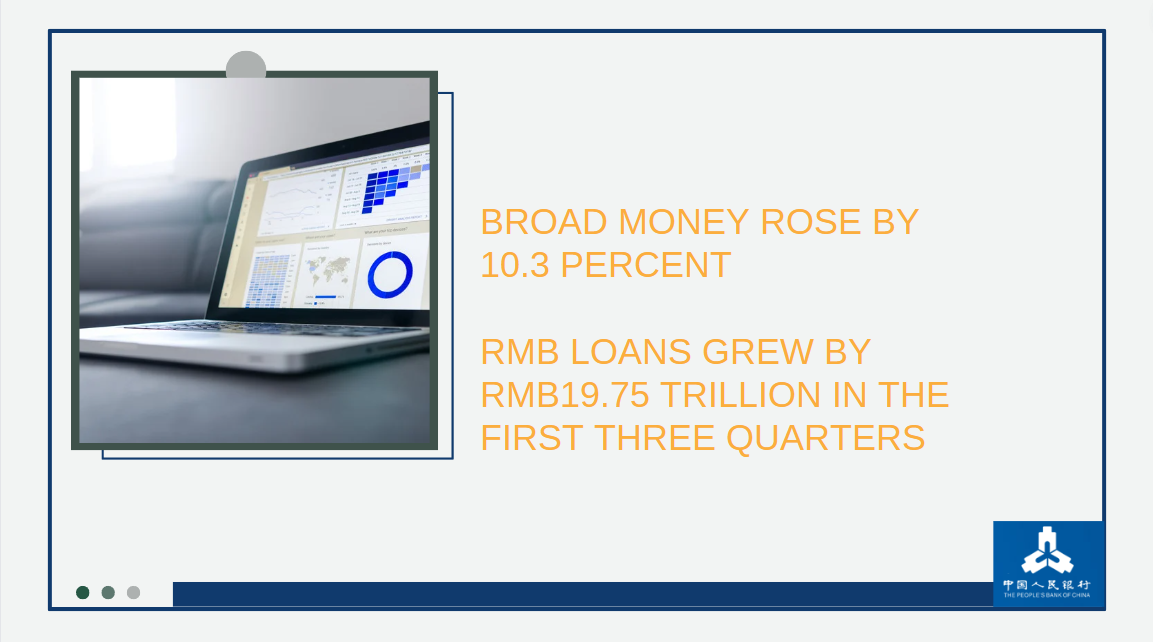How the Financial Advisory Industry Can Serve Customers Better with 3 ‘T’s – Technology, Training and Trust
Introduction
It is my pleasure to join you today at the Financial Planning Association of Singapore (FPAS) Global Conference. I am glad to see representatives from across the global CFP network here to discuss the major trends in the financial planning landscape.
Trends are about change, but let me start by talking about something that is constant. The mission of FPAS is to develop and promote an industry providing unbiased financial advice to the Singaporean public. This mission resonates with the mission of MoneySense. MoneySense is Singapore's national financial education programme, jointly supported by the Monetary Authority of Singapore (MAS) and the Ministry of Manpower. MoneySense's aim is to uplift Singaporean's financial health and habits, and unbiased financial advice is certainly a key contributor to this outcome.
Trusted financial advisors, together with educational outreach efforts such as MoneySense, as well as government schemes such as Central Provident Fund (CPF), can come together to support Singaporeans as they build a solid financial future for themselves. Each member playing their part optimally contributes to an ecosystem that works well for all.
Where are we today, relative to the ideal? The National Financial Capability Survey (NFCS) 2021 found that we have a good foundation, as Singaporeans generally adopt good financial behaviours in money management.
I would like to thank FPAS for playing its part in building this foundation over the years.
FPAS volunteers have participated in free 1-to-1 financial health clinics organised by MoneySense’s ground outreach arm, the Institute for Financial Literacy.
FPAS had also contributed speakers at public seminars to educate retail investors on investment considerations and risks.
At the same time, while we have a good foundation, more can be done. For instance, the NFCS survey found that less than half of the respondents had developed a plan for retirement savings.
So, we hope to continue to work together with FPAS and other stakeholders, to improve Singaporeans' financial well-being, including through the financial advisory (FA) industry's direct touchpoints with customers.
Today, I would like to touch on three key issues confronting the FA industry. They all start with ‘T’ – Technology, Training and Trust. Handling these issues well can position the industry to shine, even in uncertain and challenging times.
Adopting Technology to meet future challenges
First, technology. There are two aspects of technology that I would like to touch on – tools and social media. On tools, the FA industry is already adopting digital tools to enhance customer centricity in their advisory process.
I would like to highlight two useful tools that have already gotten some traction, and which we think have good potential to benefit more customers.
The first is SGFinDex. As of late last year, there were already more than 30,000 monthly active users of SGFinDex and about 1.2 million data retrievals. FA reps can encourage their customers to retrieve their data on participating financial planning platforms such as MyMoneySense . SGFinDex can help to provide a holistic picture of a customer's finances and speed up the fact-finding process, providing a good starting point for the financial planning conversation.
The second tool is compareFIRST, where information on life insurance products that are offered by various insurers can be found in one place. Where SGFinDex gives customers a bird's eye view of their current portfolios and insurance coverage, compareFIRST is a complementary tool that shows various types of life insurance products available that they can consider adding to their coverage.
The next aspect of technology is the use of social media. A March 2023 IOSCO Retail Market Conduct Task Force report highlighted that while social media can be used in beneficial ways such as to reduce information asymmetries, it may help spread misleading information through internet advertising and may result in harmful behaviour such as investing in higher risk products.
There are certain characteristics of social media which heighten risks.
First, the brevity of content, sometimes due to word or space limits, can potentially present an incomplete view of benefits and risks.
Second, content can be posted anonymously by financial advisers using pseudonyms. Anonymity may provide cover for errant representatives to circumvent their financial institutions' approvals and controls.
Safeguarding the social media space for retail investors is an important task and FA reps have a part to play. MAS requires financial institutions and FA reps to ensure that their advertisements are presented in a clear manner and provide a fair and balanced view of products. Advertisements should not be false or misleading. Product advertisements also require approval by senior management.
To further address concerns in this space, MAS consulted the industry in April 2023 on proposals for digital prospecting and marketing.
Financial institutions will need to strengthen controls over online advertisements to avoid disseminating misleading content.
They must also tighten practices when appointing third party service providers to generate leads online.
MAS is currently reviewing the responses to the proposals in the consultation paper.
Focusing on training to level up on critical skills
Moving from technology to the second ‘T’, which is Training. Firms are actively supporting efforts by their representatives to upskill themselves.
In particular, we welcome the initiatives by some FA firms to encourage their representatives to attend courses on CPF schemes. This would enable the representatives to be better equipped to support their customers’ retirement planning needs.
FA reps that explain how government schemes form the first line of defence in retirement planning can build trust with their customers. They show that they are serious about taking care of somebody’s holistic financial welfare, and are not simply keen to sell financial products.
MAS has worked with the CPF Board to support FA representatives’ training on CPF schemes. Going forward, the relevant training courses conducted by the CPF Board can be recognised as Core Continuing Professional Development hours.
There are also efforts made to accredit and support professionals in emerging areas, such as sustainable finance.
Last year, MAS and the Institute of Banking and Finance (IBF) set out 12 Sustainable Finance Technical Skills and Competencies (TSCs) under the IBF's Skills Framework for Financial Services.
IBF has recognised a number of courses that are aligned to the 12 Sustainable Finance TSCs that FA representatives can take up. More than 2,000 have gone through the sustainable finance courses.
We encourage industry professionals to keep their knowledge and skills up to date, including in new areas like sustainable finance.
Building Trust in the industry
The last and most important “T” is Trust. Trust in the FA industry is integral, and is what helps differentiate FA reps against the sea of financial planning information out there, from books and websites, to blogs and “finfluencers.”
In this area, MAS has recently collaborated with the financial industry associations to produce a basic financial planning guide. We think this guide will be a helpful tool for FA reps as they seek to build trust with a broad array of customers.
The guide provides some rules of thumb to support Singaporeans in financial planning. The guide has three key features.
First, it is simple. It covers the main areas of financial planning – saving, insurance, investment and legacy planning – all in one page.
Second, it is aligned across the industry. FA representatives from various financial institutions will all be using this same guide as a reference when introducing rules of thumb on financial planning to their customers.
Third, it provides a comprehensive picture, covering both government schemes as well as simple financial products. It explains how they can work together to cover Singaporeans' financial needs.
The basic financial planning guide, available on MoneySense's website, was launched earlier this month. I would urge everyone to take a look.
We encourage the FA industry to use this guide to explain basic financial needs to their customers and existing government schemes that they can leverage on. As you do so, we would urge you to keep in mind two things:
First, try to engage a wide array of customers with the guide. This guide has been designed to be suitable for customers from all walks of life.
Second, let customers' needs be the focal point of all conversations, and accept that not every engagement would translate to a product sale.
Not all the customers may be in a position to buy financial products today, but because you have taken the time to explain their needs to them, they may come back to you at a later stage when they are ready to buy products that meet their needs at that point.
In other words, the investment into building relationships and showing genuine care for the customer’s financial wellbeing can build trust and gain you a customer for life.
Conclusion
Let me conclude. We touched on three ‘T’s today – technology, training and trust. The first two Ts really support the last ‘T’, Trust, which is the biggest ‘T’ of the three. Building long-term relationships, grounded in trust, is of utmost importance in today's environment that is information-saturated, and where customers are becoming more financially savvy.
Trust is earned when you show genuine care for a customer's financial well-being long before a sale and long after a sale. Trust is also built by delivering high-quality, holistic advice, supported by technology and training.
Conferences like today's remind us of what is the fundamental value-proposition of the industry, which is built on trust. Conferences are also a chance to stay abreast of what is new. I wish you a fruitful day of lively discussions and many insights gained. These will support you in your aim to deliver unbiased financial advice to your customers and to help them along their financial journey. Thank you.




















































First, please LoginComment After ~